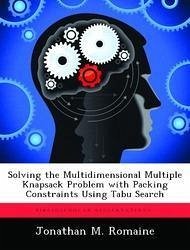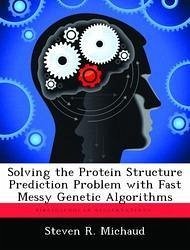
Influence of Anonymity in a Group Problem-Solving Environment
Versandkostenfrei!
Versandfertig in über 4 Wochen
52,99 €
inkl. MwSt.

PAYBACK Punkte
26 °P sammeln!
A group support system (GSS) uses a combination of networked personal computers, software that collects, manipulates, and aggregates member's individual input, and human facilitation to improve the group decision-making process. Group support systems are being used in the Air Force today in a variety of capacities and in particular by the Warner-Robins Air Logistics Center (WR-ALC) to assess acquisition risks. GSS facilitators at WR-ALC are interested in achieving the optimal productivity out of their GSS system. Prior GSS research has found that content and process anonymity influence problem...
A group support system (GSS) uses a combination of networked personal computers, software that collects, manipulates, and aggregates member's individual input, and human facilitation to improve the group decision-making process. Group support systems are being used in the Air Force today in a variety of capacities and in particular by the Warner-Robins Air Logistics Center (WR-ALC) to assess acquisition risks. GSS facilitators at WR-ALC are interested in achieving the optimal productivity out of their GSS system. Prior GSS research has found that content and process anonymity influence problem solving groups. However, previous studies report mixed results on which levels of anonymity positively influence group performance. This thesis looked at content and process anonymity using four treatments to explore possible explanations for the mixed results found in previous GSS research. The study examined numerous theories including anonymity, identification, social loafing, and social comparison. An experiment was developed to assess how content and process anonymity influence participation rates, quality of the group decision, consensus levels, user attitudes, and user satisfaction with the group outcome. Groups participated in conditions of total anonymity, process anonymity, and no anonymity. The no anonymity condition included face-to-face discussion and use of a GSS in which comments were labeled and stations were labeled with placards. The results of the study were under whelming. In general, it was found that face-to-face groups participated at higher levels, achieved a higher group decision quality, reached higher consensus and were more satisfied with the group outcome. These findings cannot be attributed to the lack of process and content anonymity however, because the GSS labeled with placard treatment did not achieve the same results.












